I was originally going to title this post, ‘the books that changed my life’. It seemed like a catchy headline, one that has piqued my interest on Substack. Don’t we all want to be changed (for the better, we hope)?
As I began putting a list together, I struggled with the concept. How would I translate how these books have changed me—for better—as the title implies, when this was something still unfolding. Instead, I chose to take a more personal angle. If I were cast away to a desert island, which books could I not imagine life without?
It always seemed unfair that on BBC desert island discs, two spots were taken up by the Complete Works of Shakespeare and the Bible (or other religious text) with only one left to choose. Who decided that these tomes were imperative on a desert island? Don’t get me wrong, I enjoyed studying Shakespeare at school and university, and the Bible is great if you’re religious or want to read about several plagues descending upon civilisation, but they’re not exactly my top picks.
You’ll notice my list is exclusively American, and I apologise for that (but what else did you expect?) Nonetheless, if I were to be on a desert island, these are the books I would take with me that I hope would serve as reminders of the tradition which has left an indelible mark on me.
Their Eyes Were Watching God, Zora Neale Hurston
Authored by Zora Neale Hurston, a vivacious genius of the Harlem Renaissance, Their Eyes tells the tale of Janie and her quest for a life of her own. We witness Janie navigate strained relationships, overcoming hardship, and experiencing great joy primarily through her relationships, but also her long standing friendship with Phoebe—a fellow Eatonville resident.
I discovered this book during my first year of undergraduate literature and creative writing—I hadn’t read anything like it. The interweaving of a sage, melodic narrative voice with vernacular creates a palimpsest of the era in which Hurston writes.
To spare those who are already familiar with the novel, I encourage those who are not to read my review here.
So why would I take this book? Firstly, it contains one of my favourite literary quotes of all time
Here was peace. She pulled in her horizon like a great fish-net. Pulled it from around the waist of the world and draped it over her shoulder. So much of life in its meshes! She called in her soul to come and see.
Although the book has too many beautiful moments to count, it is the ending that enraptured me from the first read and each subsequent one. Each time I reach this ending, the whole world grinds to a halt and I feel tears welling.
Here was peace.
Hurston offers a harbour from the pessimism of the world, and for a moment I experience what can only be described as distilled hope. To know oneself is the ultimate gift.
The Great Gatsby, F. Scott Fitzgerald
I saw Baz Luhrmann’s 2013 version of The Great Gatsby in the cinema with my Dad and brother, who was conveniently studying it in school so this was somewhat of an extracurricular field trip.
My brother is dyslexic and has always been more interested in visual arts than books, but as we left the cinema that evening, we would both be forever changed. Like Gatsby, we had fallen totally in love with a story.
That green light would be a guiding star in my literary journey, as I always went back to Gatsby. Its brevity certainly was a factor, but whenever I couldn’t decide what to read next, Daisy and West Egg glittered across the pages waiting patiently for my return.
Two statements: I’m a dreamer; I love glamour.
I am unashamed in my convictions. I longed to fall into this world and to party with unfavourable characters, even only for a night. I couldn’t help but feel as though there was something to be discovered there.
As with Their Eyes Were Watching God, this book also has a now iconic and tragically striking ending which has impressed itself on the fabric of my brain
So we beat on, boats against the current, borne back ceaselessly into the past.
Reading this quote again, years from the first time, still sends chills throughout my body. It is a masterpiece of a sentence, one that so eloquently captures the perpetual state of yearning that humans find themselves in.
East of Eden, John Steinbeck
I started this book in the early morning looking out at high rise apartments in Sham Shui Po, Hong Kong. I was there to visit my step father who spent the year working in a veterinary hospital. It was also my first time visiting Asia.
I had read and enjoyed The Grapes of Wrath in a ‘great American novel’ module during my master’s. I was surprised by how much I liked Steinbeck’s prose as I had dismissed him somewhat, assuming his writing would be stuffy and lack any resonance for me, but I discovered quite the opposite.
Steinbeck has a way of writing that feels as though you are reading scripture. Not only is there a parable-like quality to his stories, but he communicates such essential truths about human nature that you can only assume he has a touch of the divine within.
Despite never having seen the Salinas Valley in real life, I did see the arid ground of Samuel Hamilton’s plot, the sweeping California hills, and felt the heartbeat of each character. I loathed Cathy, wishing for her a violent demise which shocked even myself. I wanted to shake Adam Trask (and sometimes Samuel Hamilton), and desperately to converse with Lee about literature, politics, and philosophy.
Steinbeck writes characters that drag you through the pages and into their world, haunting you forevermore after you have met them. I lost count of the number of quotes I highlighted, some of which I discuss in my review here.
It’s a grey Saturday in London, and I’m about to collect a copy of Mice and Men from the library. It is a longstanding staple for school curriculums, however, it will be my first time meeting Lenny and George. I have a feeling I won’t be the same after.
The Heart is a Lonely Hunter, Carson McCullers
As we near the end of this list (I perhaps should have mentioned that this is not in ranking order, it would be cruel to expect me to do that), I start dropping my shoulders and stretching my neck in anticipation of writing about Carson McCullers.
I discovered Carson (I feel we’re on a first name basis now) later in life at 21—she was 23 when she published her first book, The Heart is a Lonely Hunter which is partly a bildungsroman of the central protagonist, 13 year old tom-boy Mick Kelly, as well as an examination of the depressive deaf-mute John Singer and the people he encounters throughout the course of the novel. I am writing this age 24 and I do not yet have a book to my name, so I suppose she offers something to learn.
From the first few pages, I got the impression that Carson herself was an outsider. In her writing, she seeks to represent the ‘freaks’ and the outcasts. I have always found a cinematic quality in her work, and indeed her books have been adapted for both stage and screen. A few of her book covers feature paintings by the American art giant, Edward Hopper, who also happens to be my favourite painter. I can’t think of a better artistic pairing—Hopper’s muted tones and vacant landscapes express a similar alienation to the one Carson writes of in her books. I have always put these two together in my mind, allowing me to see the canvas of the south more vividly.
I like to think that Carson McCullers and Edward Hopper would have got on, both inhabiting an intensity and melancholy that can be felt through their works. Hopper was grumpy and reclusive, so I’m not sure this friendship would have existed in reality, but all the same their inadvertent collaboration burns brightly on the shelves in my bedroom.
Devotions, Mary Oliver
We have reached the end of this list. I hope you have found something here.
I felt I couldn’t go without some poetry, since it is a literary form so dear to me. Poetry is ephemeral in that it rarely stays with me long after I have left the page, but some lines grab you forcibly, like these from ‘Wild Geese’
You do not have to be good.
You do not have to walk on your knees
for a hundred miles through the desert, repenting.
Reading these lines for the first time felt like surrender. I imagined falling to my knees and crying—releasing my guilt, shame, and sorrow entirely. It hugely inspired my own poem, ‘Canyon’, about embracing difficult emotions rather than running from them. It seemed that Mary Oliver was giving me permission to do just that.
The Boat Journey
As I look out on the ocean, aboard a ship that will deliver me to exile, I reflect back on the people I was when I first encountered these books and who I am now. I know that I would not be the same had I not discovered them, however, I do not know exactly how.
All I do know is that I am immensely grateful they found me. Now I am content with being left to my own devices, never to be rescued. I have all I need.



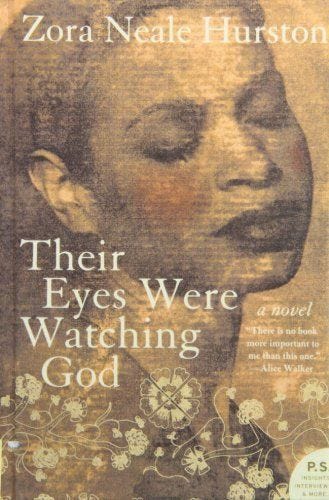
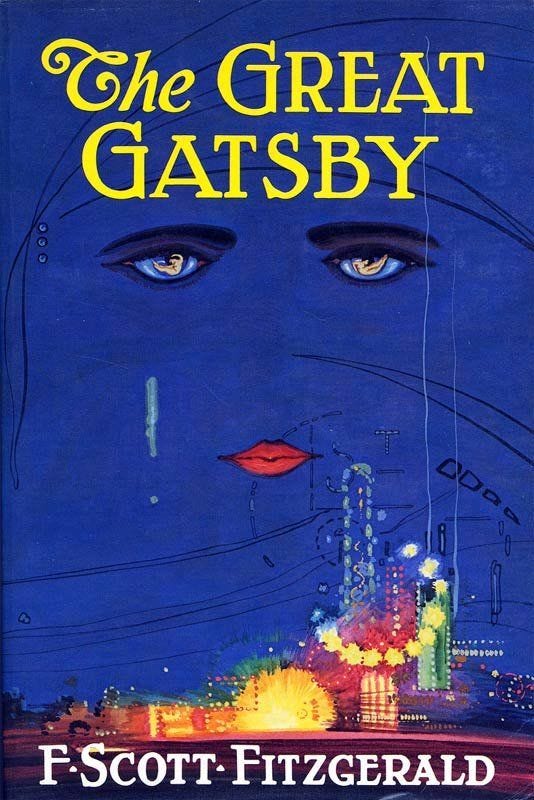
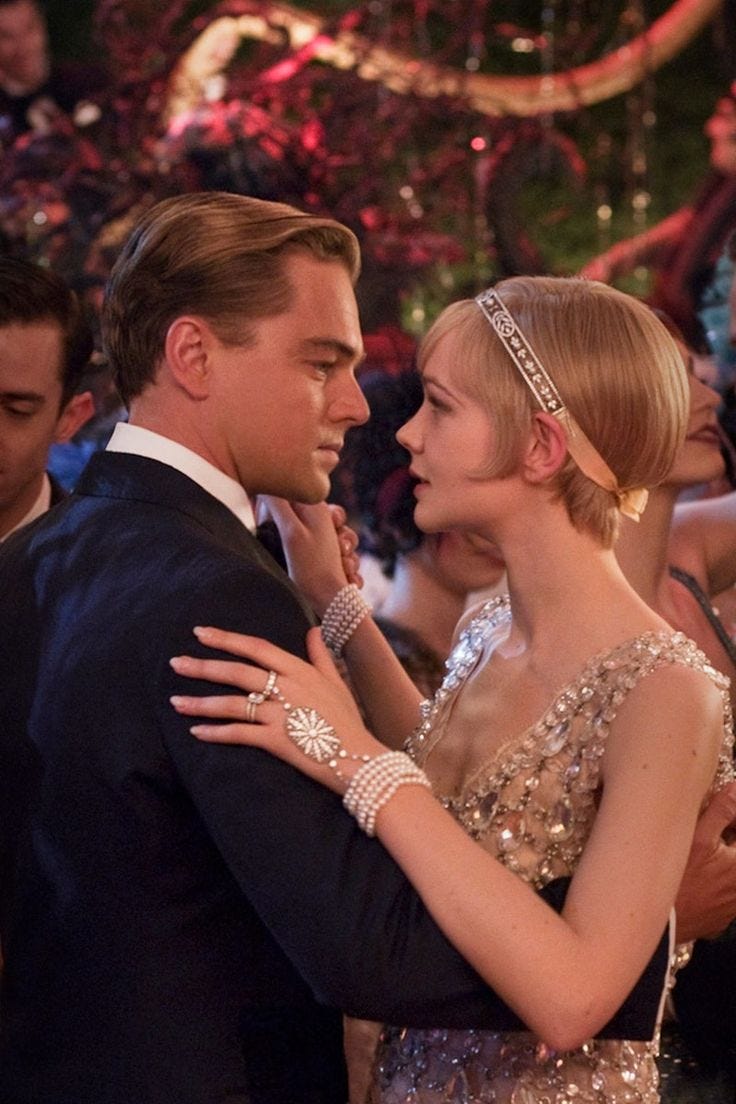
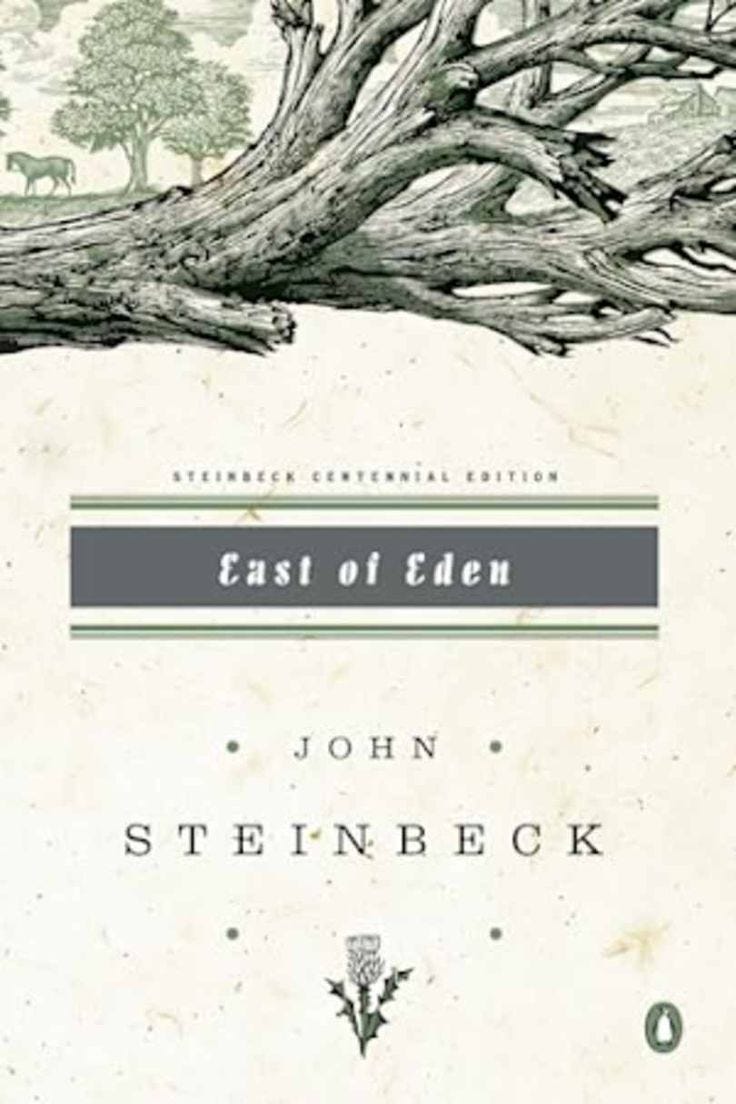
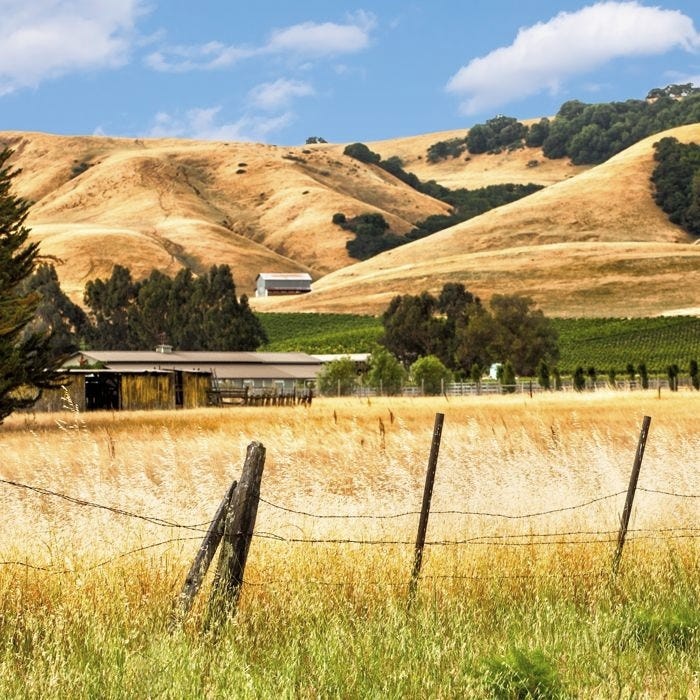
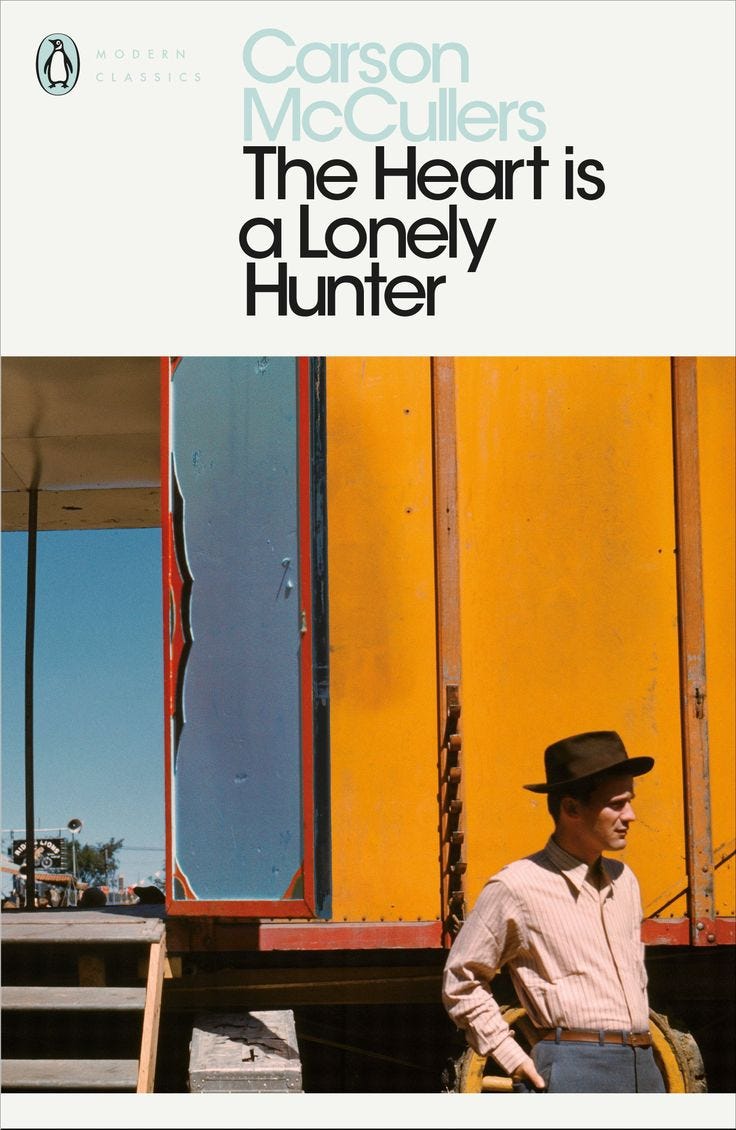
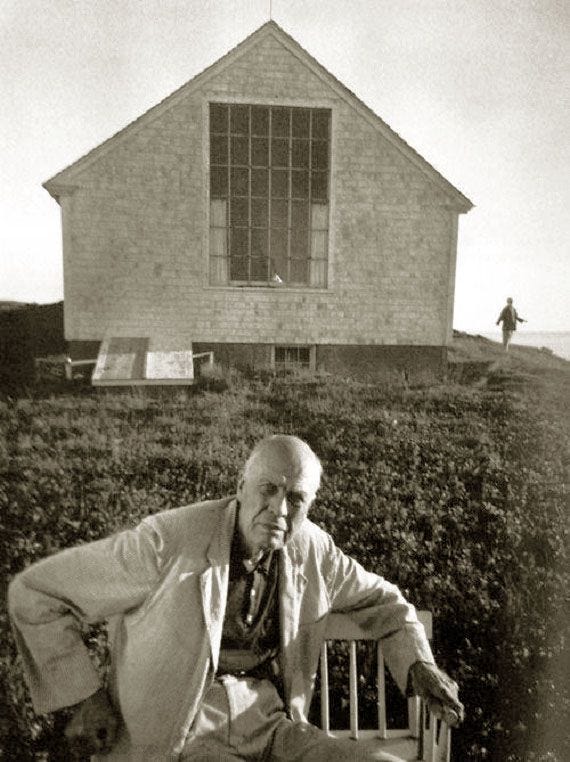
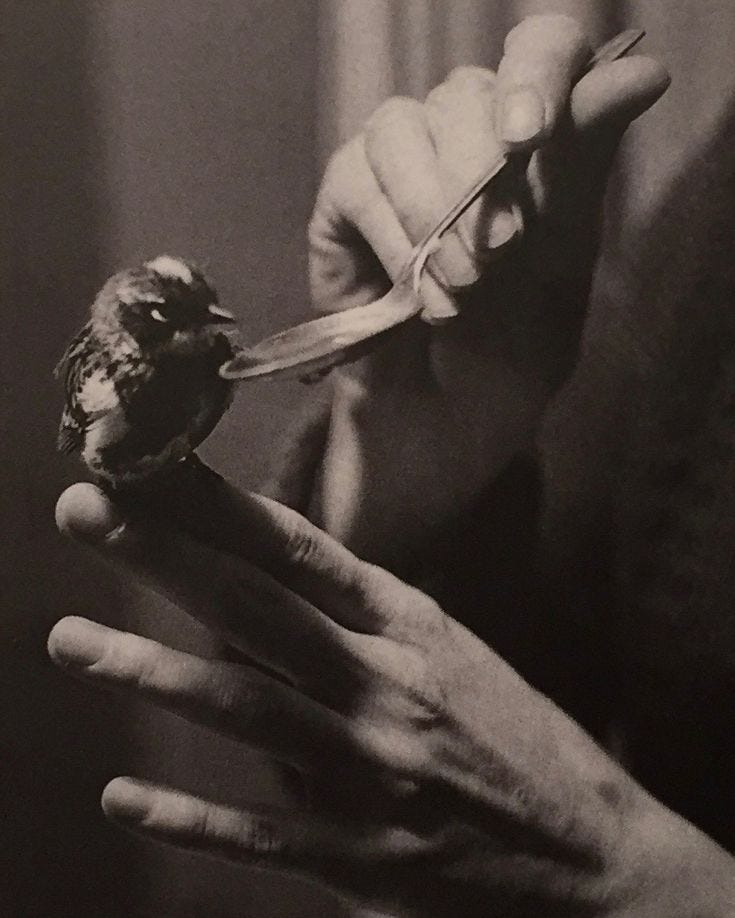
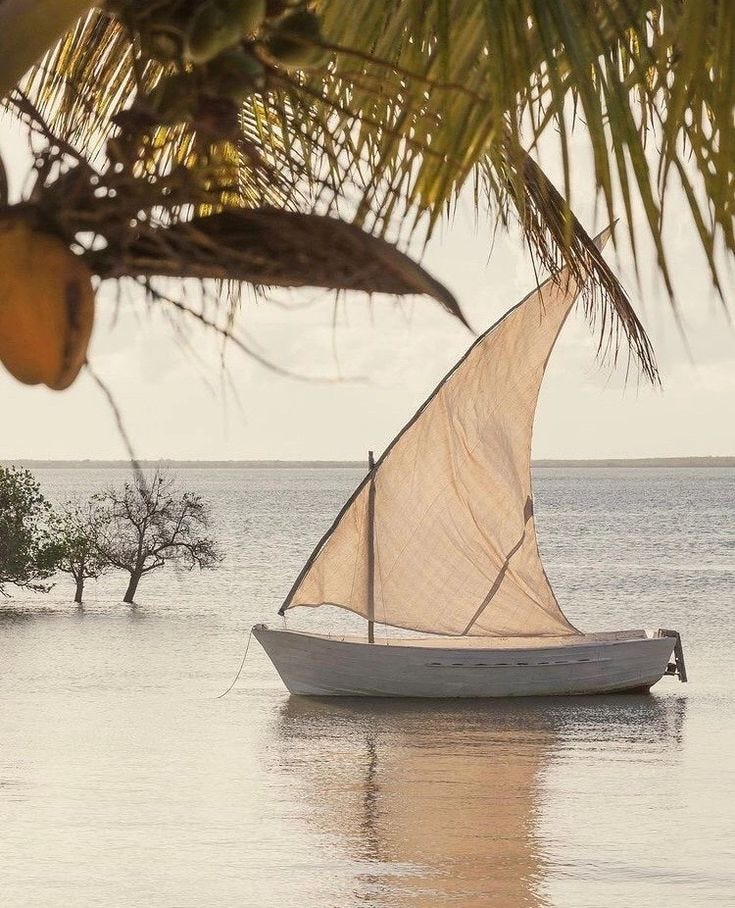
You have inspired me to read these and to start challenging myself again with my choice of books ❤️